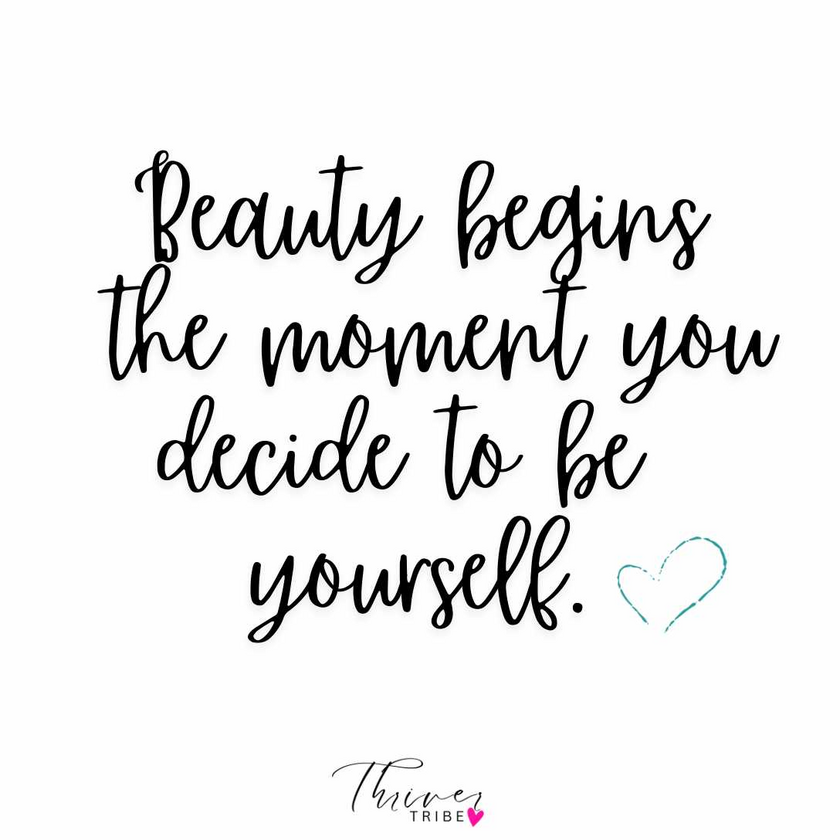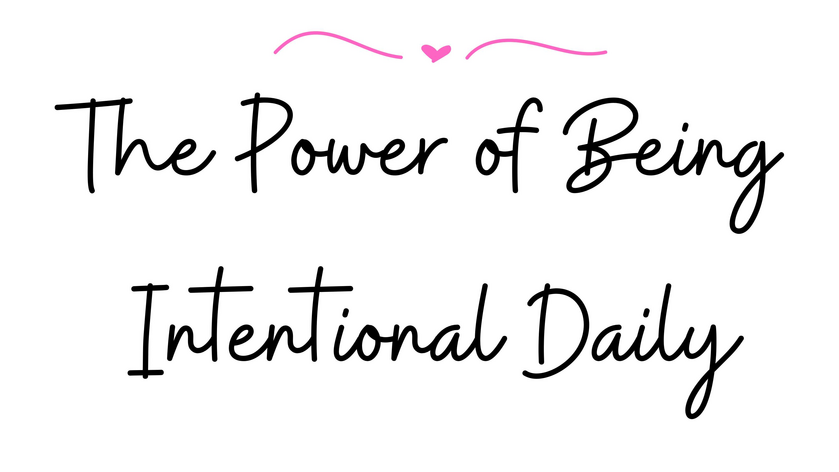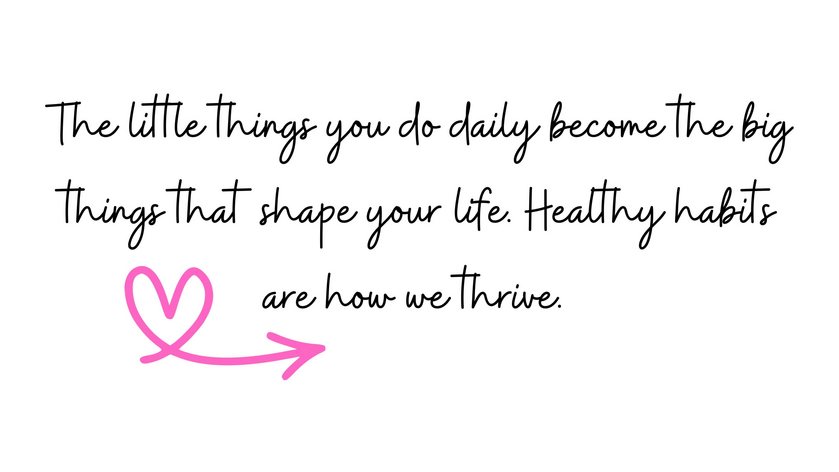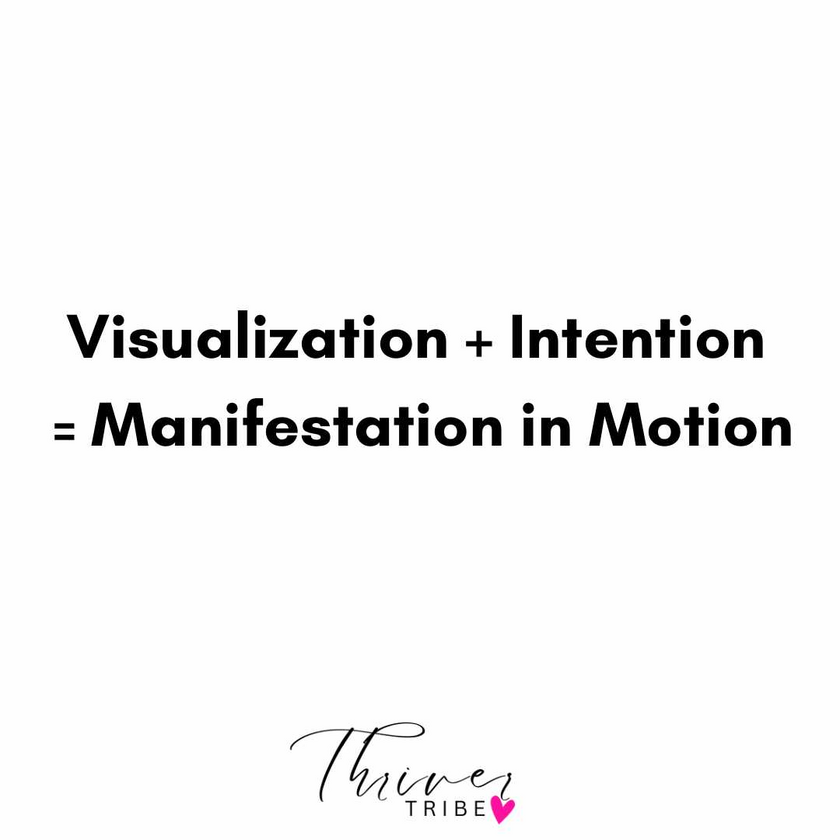Complaining is a common human behavior. We all do it. It can feel like a natural way to vent frustrations, bond with others over shared grievances, or even gain a sense of validation. However, research in neuroscience and psychology shows that chronic complaining can rewire the brain for negativity, increase stress levels, and even damage relationships.
The good news? With intentional effort, you can shift away from complaining and cultivate a more grateful, solution-oriented mindset. Here’s how.
The Science Behind Complaining
Our brains are wired for efficiency. The more we engage in a certain behavior—such as complaining—the more it becomes a default pattern. Neuroscientists call this neuroplasticity: the brain’s ability to rewire itself based on repeated thoughts and behaviors.
Each time we complain, we reinforce neural pathways that make negative thinking more automatic. Over time, this can:
• Increase cortisol, the stress hormone, leading to anxiety and fatigue.
• Strengthen negative thought patterns, making it harder to see solutions.
• Spread negativity to those around us through emotional contagion—our moods affect the people we interact with.
But just as complaining rewires the brain for negativity, practicing gratitude, solution-oriented thinking, and mindfulness can rewire it for optimism and resilience.
Step 1: Become Aware of Your Complaints
The first step in breaking any habit is awareness. Many of us complain out of routine without realizing how often we do it.
Try This: The Complaint Journal
For the next three days, keep track of every complaint—big or small. Write down:
• What you complained about
• Whether it was habitual (just venting) or constructive (solution-oriented)
• How it made you feel afterward
This simple exercise can reveal patterns in your thinking and highlight areas where change is possible.
Step 2: Reframe Complaints into Solutions
Not all complaints are bad. Constructive complaining, where we address an issue with the goal of improvement, can be productive. But mindless venting often reinforces negativity without solving anything.
Reframing Exercise
Instead of saying, “This is so frustrating!” ask yourself:
Can I change this situation? If yes, brainstorm solutions.
If I can’t change it, can I change my response? (So What, Now What) If no, shift your focus.
Example: Instead of “I hate traffic!” → Try “Traffic gives me time to listen to a podcast I enjoy."
Studies show that cognitive reframing reduces stress and increases problem-solving skills, helping us move from frustration to action.
Step 3: Replace Complaining with Gratitude
One of the fastest ways to break the habit of complaining is to replace it with gratitude. Research by Dr. Robert Emmons, a leading expert on gratitude, found that regular gratitude practice can:
• Reduce depression by 30%
• Increase optimism and emotional resilience
• Improve relationships by fostering a positive perspective
Daily Gratitude Practice
Write down three things you’re grateful for each day.
Use a Gratitude Bucket—drop notes of appreciation inside and review them monthly.
Instead of complaining, express thanks—even for small things.
Example: Instead of “Ugh, I have so much work” → Try “I’m grateful for a job that challenges me.”
Over time, gratitude rewires the brain to seek out what’s going right rather than dwelling on what’s wrong.
Step 4: Shift Your Language
Words have power. The language we use not only reflects our mindset but also shapes it. By making small changes in how we phrase things, we can train our brains to focus on possibilities rather than limitations.
Try These Language Shifts:
Instead of “I have to go to work,” say → “I get to go to work.”
Instead of “This is a disaster,” say → “This is a challenge I can work through.”
Instead of “I always fail,” say → “I’m learning from this experience.”
These subtle shifts reduce stress and increase motivation, helping us develop a more empowering perspective.
Step 5: Minimize Exposure to Chronic Complainers
Negativity is contagious. Spending too much time with chronic complainers can reinforce negative thought patterns and drain your energy.
How to Handle Chronic Complainers:
Set boundaries: Politely change the subject or limit time spent around habitual complainers
Redirect the conversation: Ask, “What’s one good thing that happened today?”
Surround yourself with positivity: Seek out people who inspire and uplift you.
A study from the University of Notre Dame found that being around positive people improves problem-solving abilities and overall happiness.
Step 6: Engage in Positive Activities
When we fill our lives with meaningful, uplifting activities, the urge to complain naturally decreases.
Ways to Replace Complaining with Positivity:
Exercise: Physical activity boosts endorphins, reducing stress.
Acts of Kindness: Helping others shifts focus from problems to impact.
Creative Outlets: Journaling, painting, or playing music helps express frustrations in a productive way.
Neuroscience research shows that engaging in uplifting activities weakens negative neural pathways and strengthens positive ones, making it easier to maintain an optimistic mindset.
Step 7: Use the 3:1 Positivity Ratio
Dr. Barbara Fredrickson’s research suggests a 3:1 positivity ratio—for every one complaint, express three positive thoughts.
Example: If you catch yourself saying, “I’m so tired today,” follow up with:
“I’m grateful I get to rest tonight.”
“At least I got some important things done today.”
“Tomorrow is a fresh start.”
This practice reprograms the brain to focus on solutions and gratitude rather than problems.
Final Challenge: The 30-Day No Complaining Challenge
Want to see real change? Try going 30 days without unnecessary complaints. Each time you catch yourself, reframe it positively or write down a gratitude.
Even two weeks of reduced complaining has been shown to lower stress, increase happiness, and improve relationships.
The Takeaway
Breaking the habit of complaining isn’t about ignoring life’s challenges—it’s about choosing a mindset that empowers you instead of drains you. By practicing awareness, gratitude, reframing, and positivity, you can train your brain to focus on solutions, embrace optimism, and cultivate a more fulfilling life.
So, next time you’re tempted to complain, pause and ask yourself: What’s one good thing I can focus on instead?
Your brain—and your happiness—will thank you.
Cheers, Zanna
P.S. Get your Best Life Buckets and use code: THRIVER for 7% off. Cultivate Your Dream Life Intentionally. Dream - Let Go - Celebrate






















